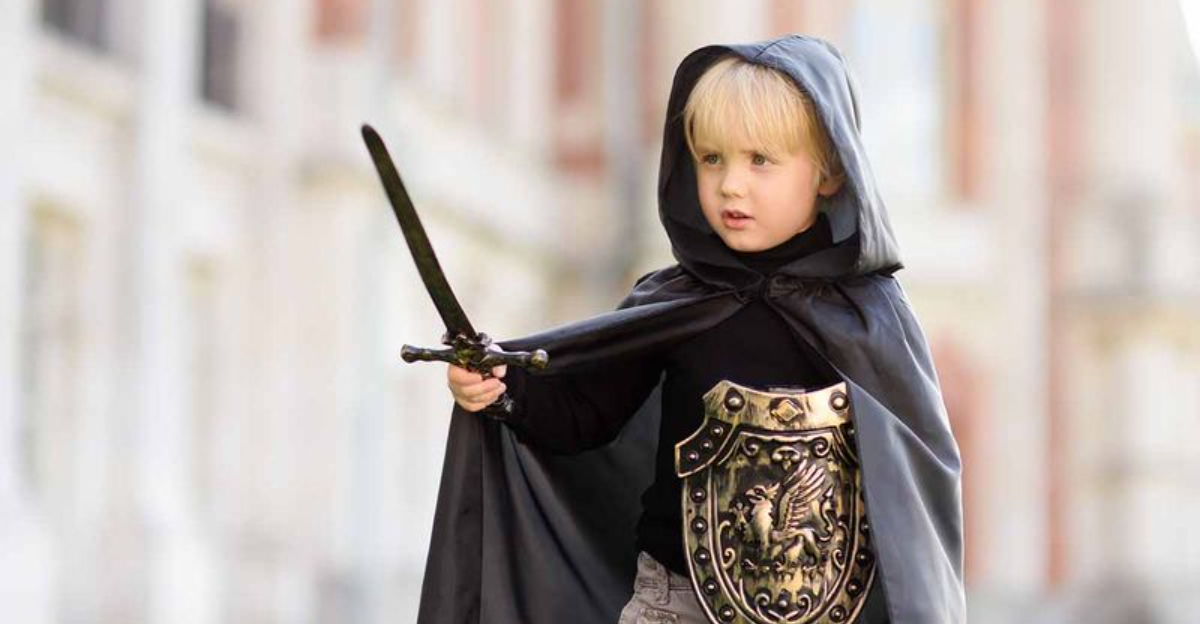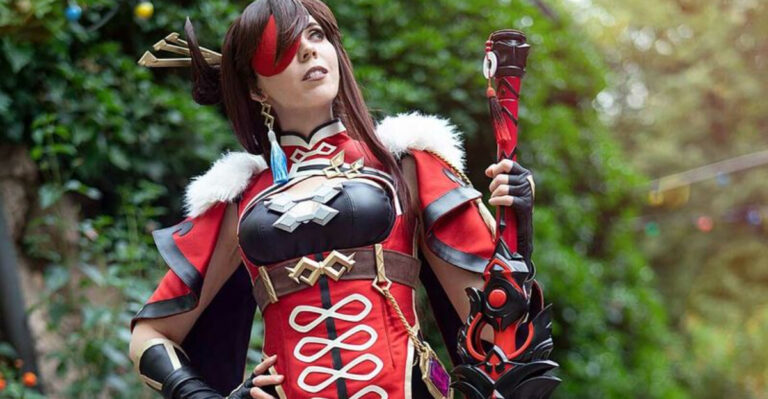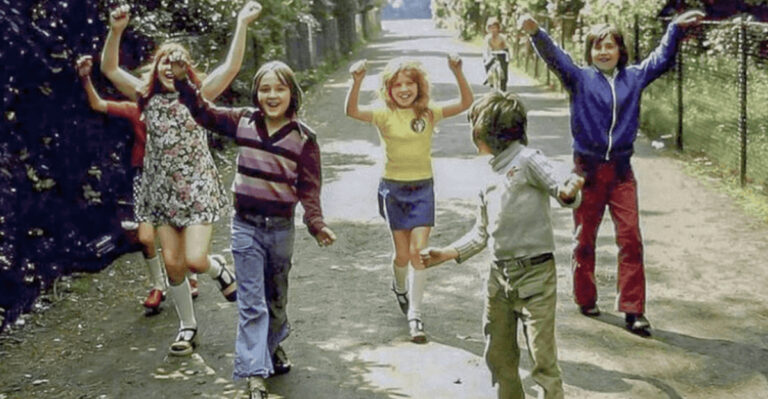15 Ways Medieval Parents Chose Baby Names
Naming a child in medieval times was a curious affair, reflecting a blend of religious devotion, social hierarchy, and cultural influences. Parents often chose names that conveyed blessings, virtues, or homage to important figures. Here’s a whimsical exploration of how medieval parents navigated the art of naming their little ones.
1. Honoring Saints and Holy Days
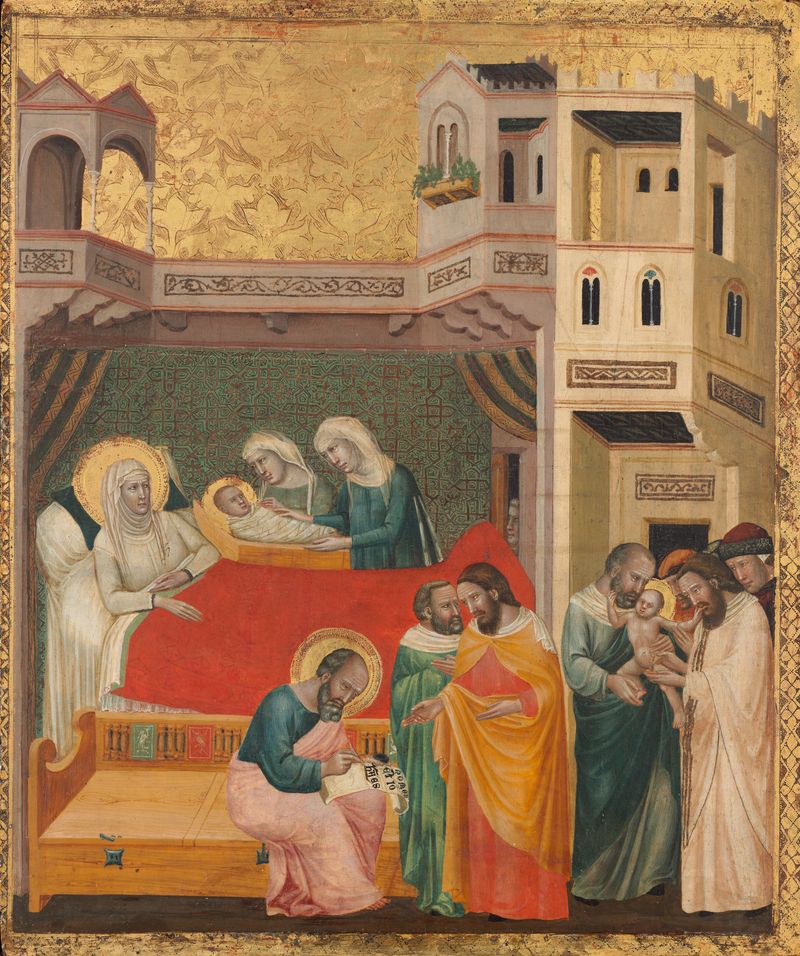
Did you know medieval parents often named their babies after saints whose feast days coincided with the child’s birth? Imagine a bustling village where Saint George’s Day brings a wave of newborn Georges. People believed this brought divine protection and heavenly favor. It was a practice steeped in faith and reverence.
Saints were seen as spiritual guides, and naming a child after one was like bestowing a guardian angel upon them. This tradition was widespread across European societies, revealing the deep intertwining of religion and daily life.
So, if your name is George, Catherine, or Nicholas, you might just have a medieval saint to thank for your moniker!
2. Naming After the Local Lord or Lady
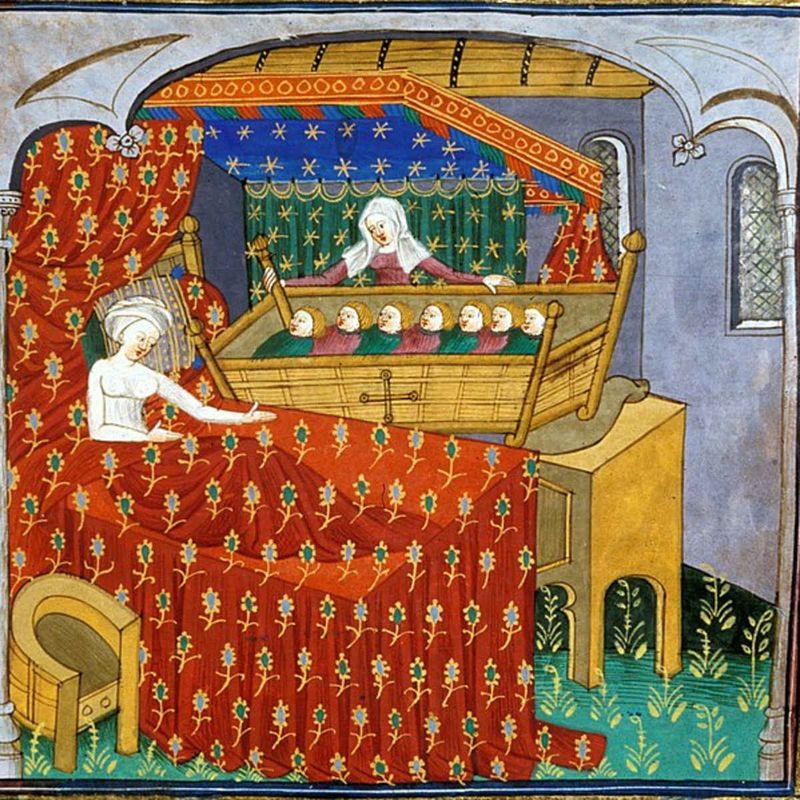
Imitating nobility was a common practice among medieval peasants. Naming a child after the local lord or lady was a way to curry favor and show respect. Picture a quaint village where little Edwards and Matildas run about, bearing noble names.
This practice was not just flattery but a strategic move in a feudal society. It could cement allegiances and, in rare cases, inspire a lord’s benevolence. The influence of local gentry on naming practices highlights the rigid social structures of the time.
Next time you hear names like Eleanor or Henry, there’s a chance they’re echoes of medieval admiration for the upper class.
3. Using Latinized Versions of Family Names
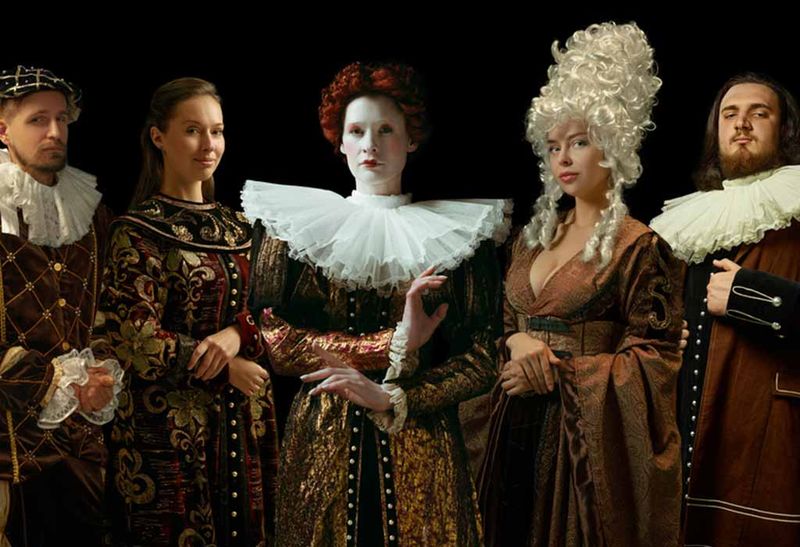
Latin was the language of the Church and education, lending a certain prestige to names. Medieval parents often Latinized family names to reflect literacy and piety. Envision a family gathered as a learned scribe transforms “Robert” into “Robertus.”
This not only signified education but also aligned with religious traditions. The Latin influence is evident in many surnames that persist today, illustrating the enduring legacy of this practice.
So if your surname ends in “-us” or “-ius,” you might be carrying a piece of this scholarly tradition.
4. Repeating Names from Ancestors for Good Luck
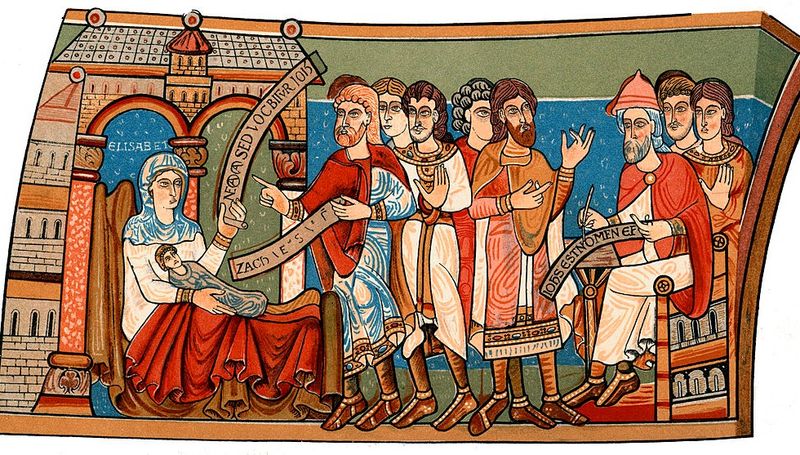
Repetition of ancestors’ names was believed to invite their blessings and fortune. Picture a medieval family proudly naming their newborn after a revered grandfather, hoping to inherit his virtues.
This practice underscored the importance of family lineage and continuity. It was a way to honor the past while securing a prosperous future. Such names often came with stories of bravery and wisdom, adding to the child’s legacy.
If you’ve ever wondered why some names appear frequently in family trees, it might be a nod to this age-old tradition of seeking ancestral approval.
5. Choosing Names Based on Virtues

Virtue names like Patience, Mercy, or Hope were not just modern inventions. Medieval parents named children after virtues, hoping these qualities would manifest in their lives. Imagine a child named Patience, embodying calm endurance in a chaotic world.
Virtue naming was a reflection of societal values and moral aspirations. It was a way to instill virtues from birth, setting a moral compass for the child’s future. This practice reveals the deep-seated desire for moral integrity and character development.
Names like Grace, Faith, and Justice remind us of this enduring tradition aiming to inspire a virtuous life.
6. Taking Inspiration from Knights and Legends
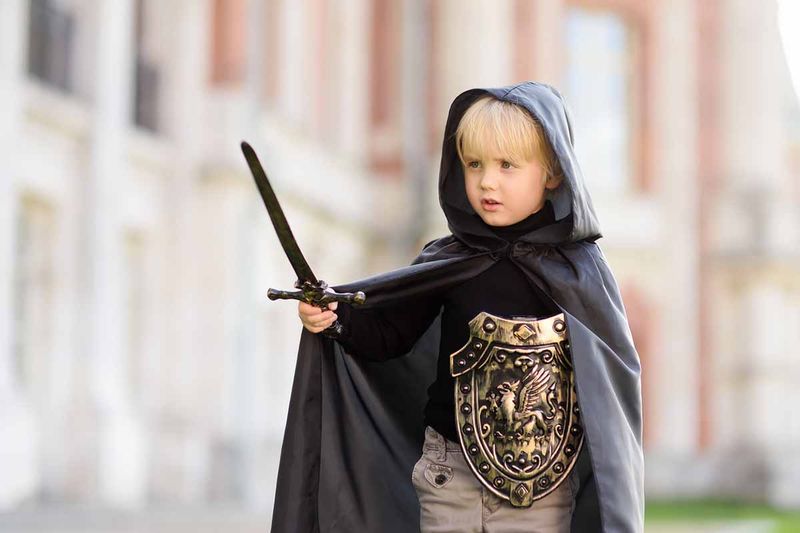
Chivalric tales of knights and heroes were a rich source of names. Parents drew from Arthurian legends and epic sagas, hoping to inspire valor and honor. Picture a young Lancelot in a village, destined for chivalry.
These names carried the weight of heroism and adventure, infusing daily life with legendary aspirations. They reflected the cultural milieu where bravery and nobility were celebrated virtues.
If you’ve ever encountered a Tristan or Isolde, their names might find roots in these medieval stories of romance and derring-do.
7. Adapting Names from Neighboring Regions
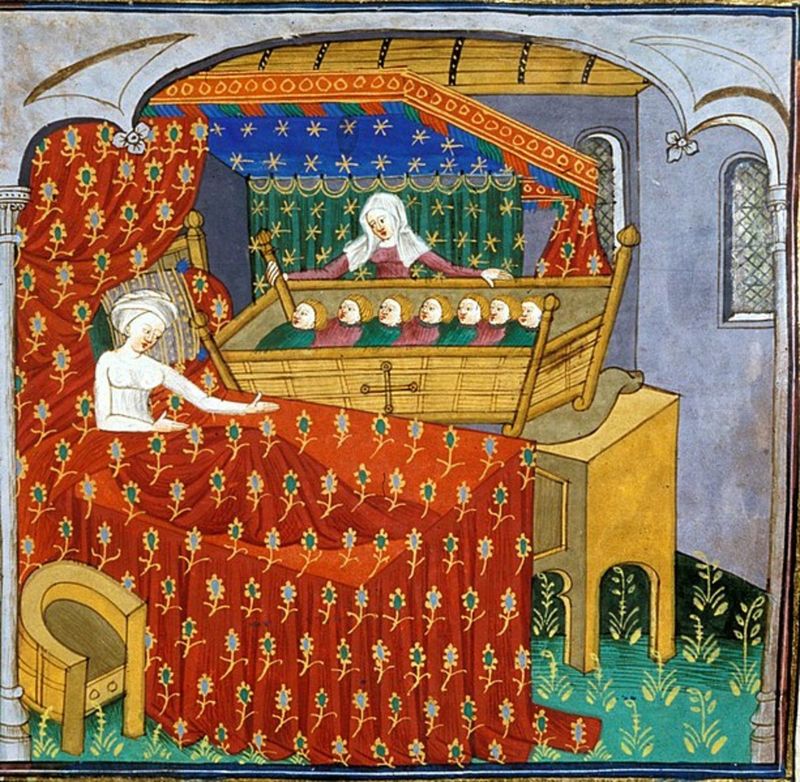
Cultural exchange through trade and conquest enriched naming traditions. Medieval parents adapted names from neighboring regions, blending diverse influences. Imagine a bustling marketplace where names like Giovanni or Brigitte mingle amid lively conversation.
This practice reflects the dynamic interactions of medieval societies, where borders were fluid, and multiculturalism thrived. Names became a tapestry of shared histories and cultural assimilation.
Next time you hear a name that seems out of place, it might be a testament to this exchange of cultural identity and heritage.
8. Naming by Occupation or Guild
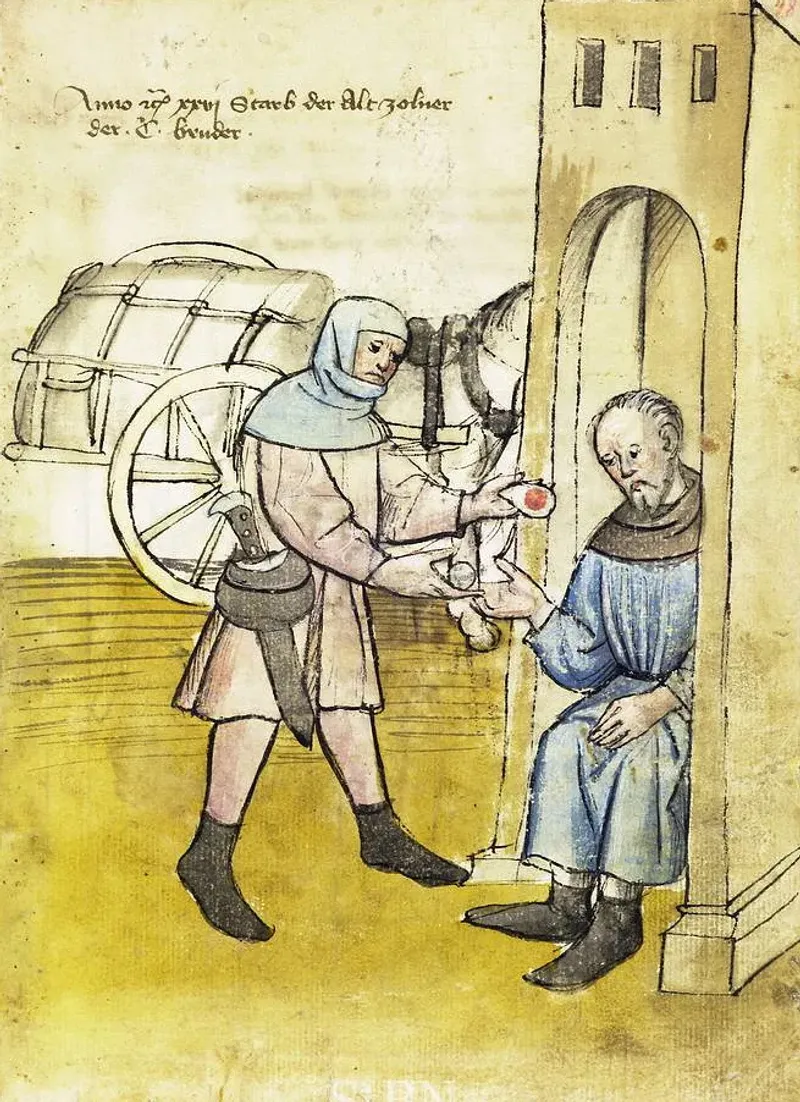
Occupational surnames were practical identifiers. Parents named children after their trade or guild, such as Baker or Smith. Envision a young Cooper following in familial footsteps, crafting barrels with precision.
This naming convention was a reflection of one’s societal role and identity. It reinforced family trades, binding names to livelihoods in a tangible way. Such names often denoted pride in craftsmanship and community contribution.
If your last name denotes an occupation, you’re living proof of how these medieval traditions continue to shape our identities.
9. Using Short, Practical Names for Peasant Life
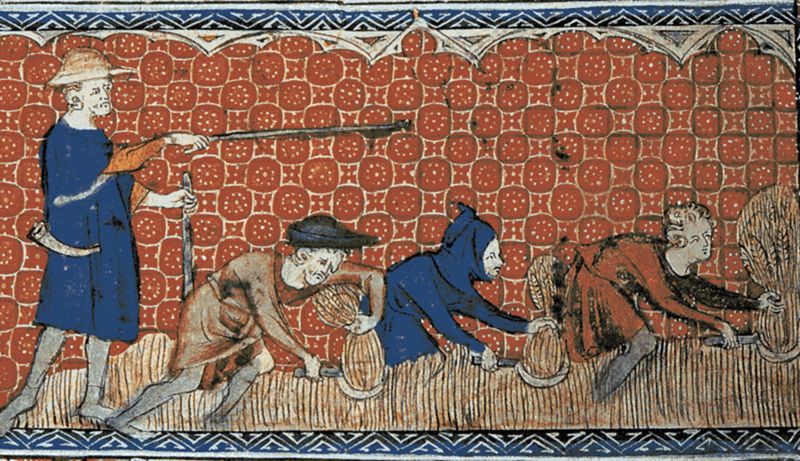
Amidst the toil of peasant life, short names were practical. Parents favored names like Tom or Meg, easy to shout across fields. Imagine the simplicity and familiarity these names brought to daily interactions.
Such names were quick to call and easy to remember, reflecting the straightforward lifestyle of medieval peasants. They did not burden with grandeur but served the purpose of identity and communication.
These concise names remind us of the practical considerations in naming, where functionality trumped all else in a demanding life.
10. Borrowing from Biblical Heroes
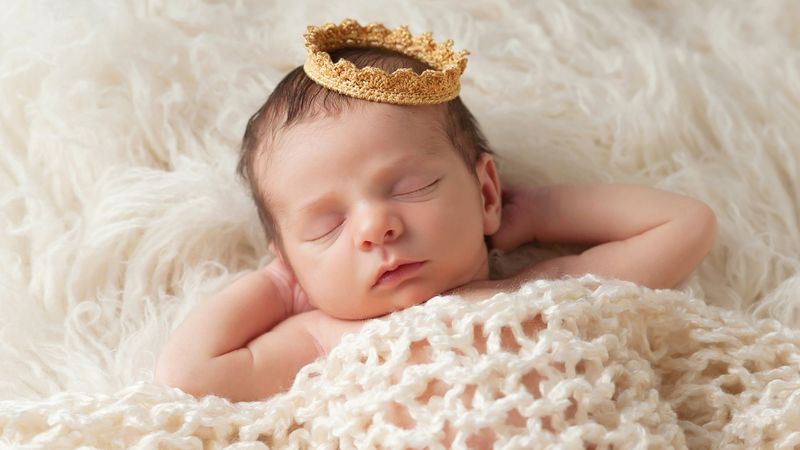
Biblical names were cherished for their spiritual significance. Parents named children after revered figures like David or Mary, hoping for divine favor. Picture a medieval church where biblical stories come alive, inspiring names.
These names carried spiritual weight, linking the child to a rich religious heritage. They served as constant reminders of faith and moral duty, deeply embedded in everyday life.
When you meet a Sarah or Joseph, consider the biblical legacy they carry, echoing centuries of religious tradition.
11. Looking to Royal Families for Trends
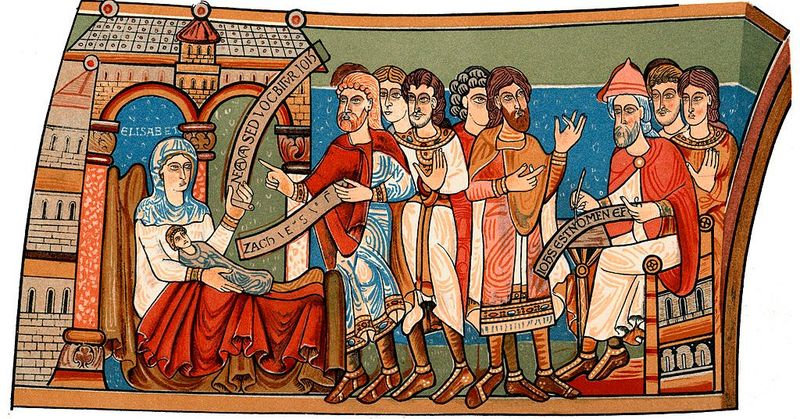
Royalty set the trends even in medieval times. Parents named children after kings or queens, following regal fashion. Imagine a village buzzing after a royal birth, with newborn Edwards and Elizabeths abound.
This was more than trend-following; it was an aspiration to greatness and stability. Royal names symbolized power and prestige, offering a sense of belonging to a larger narrative.
Next time you hear a royal name like Charles or Victoria, consider the noble aspirations that medieval parents attached to these choices.
12. Re-naming Children After Deceased Siblings
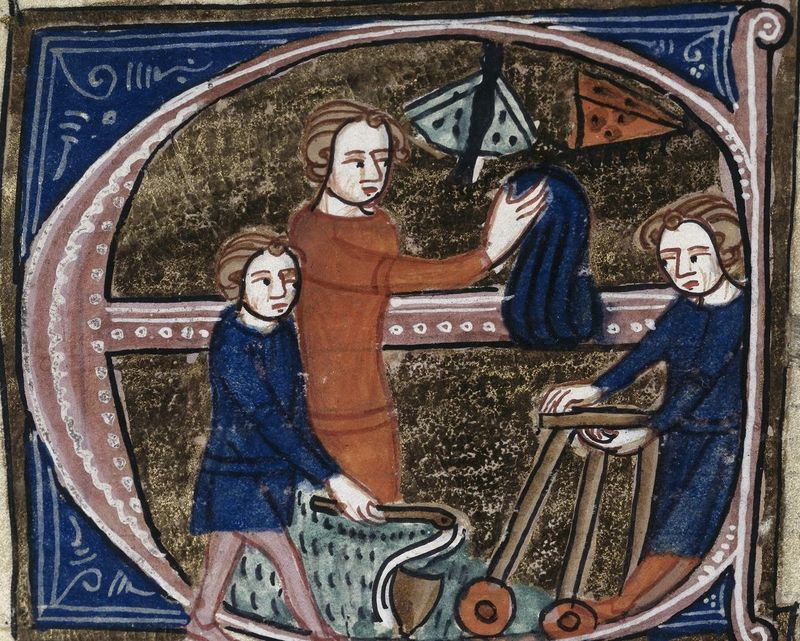
In times of high infant mortality, re-naming was a poignant tribute. Parents named a newborn after a deceased sibling, keeping their memory alive. Picture the bittersweet joy as a new Mary replaces the one lost.
This practice was an emotional connection to the past, a way to honor and remember within the family. It reflected resilience and the continuity of life amidst loss.
If you find repeated names in family histories, it might be an echo of this heartfelt tradition of remembrance.
13. Using Nature-Based Names
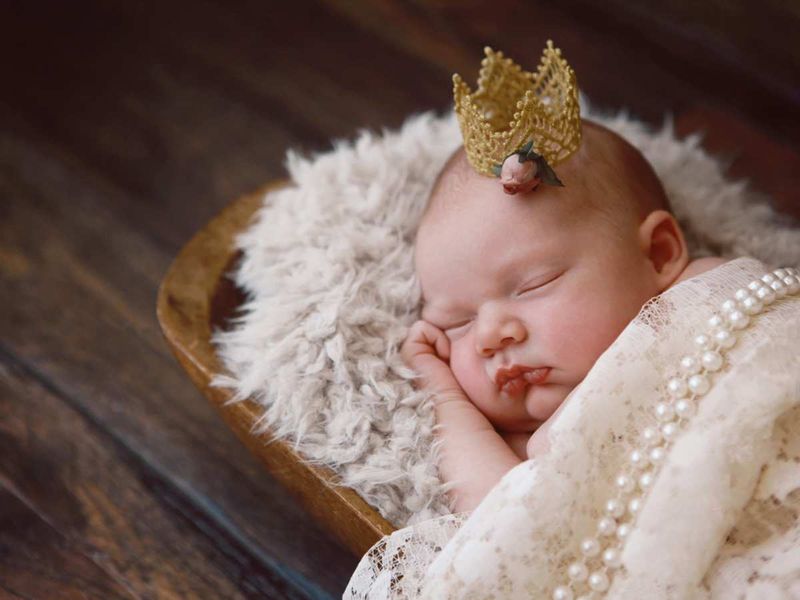
Nature-inspired names like Rose or Hazel were surprisingly common. Parents found beauty and hope in naming children after flora and fauna. Imagine a medieval village where little Willows sway like trees in the breeze.
These names celebrated the natural world, reflecting a harmonious existence with the environment. They conveyed a sense of simplicity and appreciation for nature’s gifts.
When you hear names like Lily or Rowan, think of the timeless connection between humanity and the earth that influenced medieval choices.
14. Getting Inspiration from Dreams or Omens
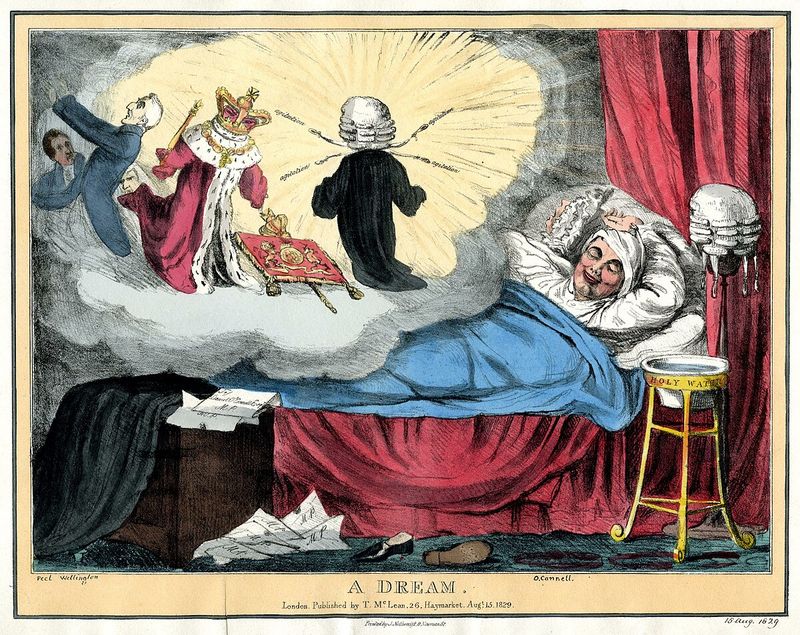
Dreams and omens were mystical guides in naming. Parents often drew inspiration from dreams, believing they revealed auspicious names. Imagine a dream where a lion appears, leading to a young Leo.
This practice highlights the medieval fascination with symbolism and fate. It was a belief that names born of dreams carried special significance and destiny.
Next time you encounter an unusual name, it might just be the result of a medieval dreamer’s night-time visions.
15. Copying the Names of Local Clergy or Monks
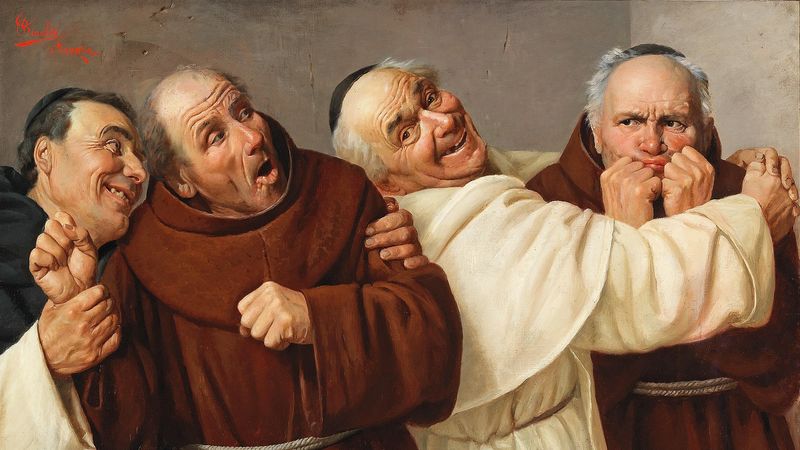
Clergy held significant influence in medieval communities. Parents often named children after respected monks or priests, seeking blessings and guidance. Picture a village where the names Benedict or Francis are common tributes.
This was a way to show reverence for spiritual leaders and align with the church’s moral authority. It was a form of spiritual endorsement and community respect.
Names like Dominic or Agnes might echo this tradition of honoring religious figures who shaped medieval life.

